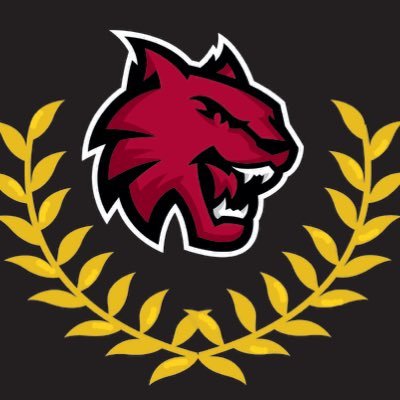ASCWU responds to concerns regarding role of police on campus

ASCWU Student Gov., Photo Courtesy of ASCWU Student Government Twitter
May 10, 2023
ASCWU perspectives on police presence
ASCWU Vice President Brady Smith said he thinks the new police workgroup is the best way to handle the discussion of police on campus, due to the shared governance model that CWU shares with Ellensburg.
“Within my duties as vice president, we are tasked with a challenging issue of representing 9,000 students, 7,000 roughly of which are on campus,” Smith said. “So we have a duty to represent all students, and every student has a different experience of the campus place. But especially, we have a duty to represent especially our most marginalized communities.”
According to ASCWU President Luis Reyes, the workgroup is a good idea because it gives students an opportunity to widen their education on topics that target communities and ingrain themselves into the community.
Smith said he personally doesn’t have any concerns regarding the role of police on campus, but he said he understands why some students may have concerns.
“I think as individuals, we have our own experiences with police officers, coming from very different backgrounds, but as you know, as student representatives we completely acknowledge and understand to the best of our abilities that many students on this campus have not had positive experiences with [it], whether it’s our police or police in general,” Smith said.
Smith and Reyes said they will be in charge of distributing the forms and getting student nominations for the workgroup. They said they hope to get the form finalized by May 9, and that the form will be sent out sometime after that.
Concerns and miscommunication between ASCWU and the coalition
Solomon Kairu, chair for SUS who also works for ASCWU, said that he was approached by ASCWU while he was doing his job. The ASCWU board asked Kairu questions regarding the post and asked if they were going to be protesting or not, an action that he said made him feel uncomfortable.
“I felt pressured because it was pretty much most of the administrators,” Kairu said. “And they were asking me questions about the event and what we meant, and I had no idea how to properly respond.”
Reyes and Smith said they approached Kairu to ask him for his perspective on the issue of police presence on campus, and did not ask him about the coalition.
“We simply asked him to join us at one of our meetings to give us perspective as to what were the concerns that were surrounding the BOD [Board of Directors] in those conversations, and we simply just asked for feedback, which is what we always do,” Reyes said.
Wubbie said the timing of the April 17 meeting kept getting moved around and the location was changed to the ballroom with what the coalition members said felt like very little announcement, which they said felt like they didn’t want to meet with the, in the first place.
“They originally said 5 p.m,” Wubbie said. “Then they sent a calendar invite for 3 p.m. And then they sent another calendar invite for 3:30 p.m. But when we fast forward to April 17, they start the meeting at 3 p.m. without informing anybody.”
According to Smith, the meeting was never rescheduled, because open public meetings must be scheduled weeks in advance and can’t be rescheduled without a lot of prior work and notice.
“It never moved or anything like that,” Smith said. “But the meeting itself had been set for a couple of weeks and we can’t change them off a whim. There is set state law that states that we have to, before making an open public meeting, that it needs to be set and it needs to be clearly communicated.”
At the actual April 17 meeting, Justin Jakahi, JSA treasurer, claimed ASCWU would not allow the Student Union of Socialists or the Japanese Student Association to sit at the table. Jakahi also claimed that when they were allowed to sit at the table, they weren’t allowed to speak or contribute to the discussion.
“So initially, we were to the side, in the public seating,” Jakahi said. “I believe that Genet or Landis made a motion to try to include us into the conversation. But they denied us that, and tried to clear it up as a misunderstanding, ‘if you want to sit at the table with the ESC that’s fine.’”
SUS and JSA were allowed to participate in the meeting after a motion put forward by MEChA.
According to Reyes and Smith, the reason SUS and JSA were not allowed to speak at the meeting is because they are not a part of student government, such as ESC or Student Senate.
“They’re not part of student government,” Smith said. “They are a club on campus, which we completely recognize, and we would love to hear from them. But in that setting, that was a student government meeting.”
Smith said that during open meetings, there is a time and space for individuals and groups to speak, such as when they start discussing new business, but they were still in the general assembly portion of the meeting at the time.
This story has been updated for accuracy. Initially, within a quote that was attributed to President Reyes instead of Vice President Smith, we printed the word “state” representatives instead of “student” representatives. We also referred to BSU as not part of student government when we should have referred to JSA.
